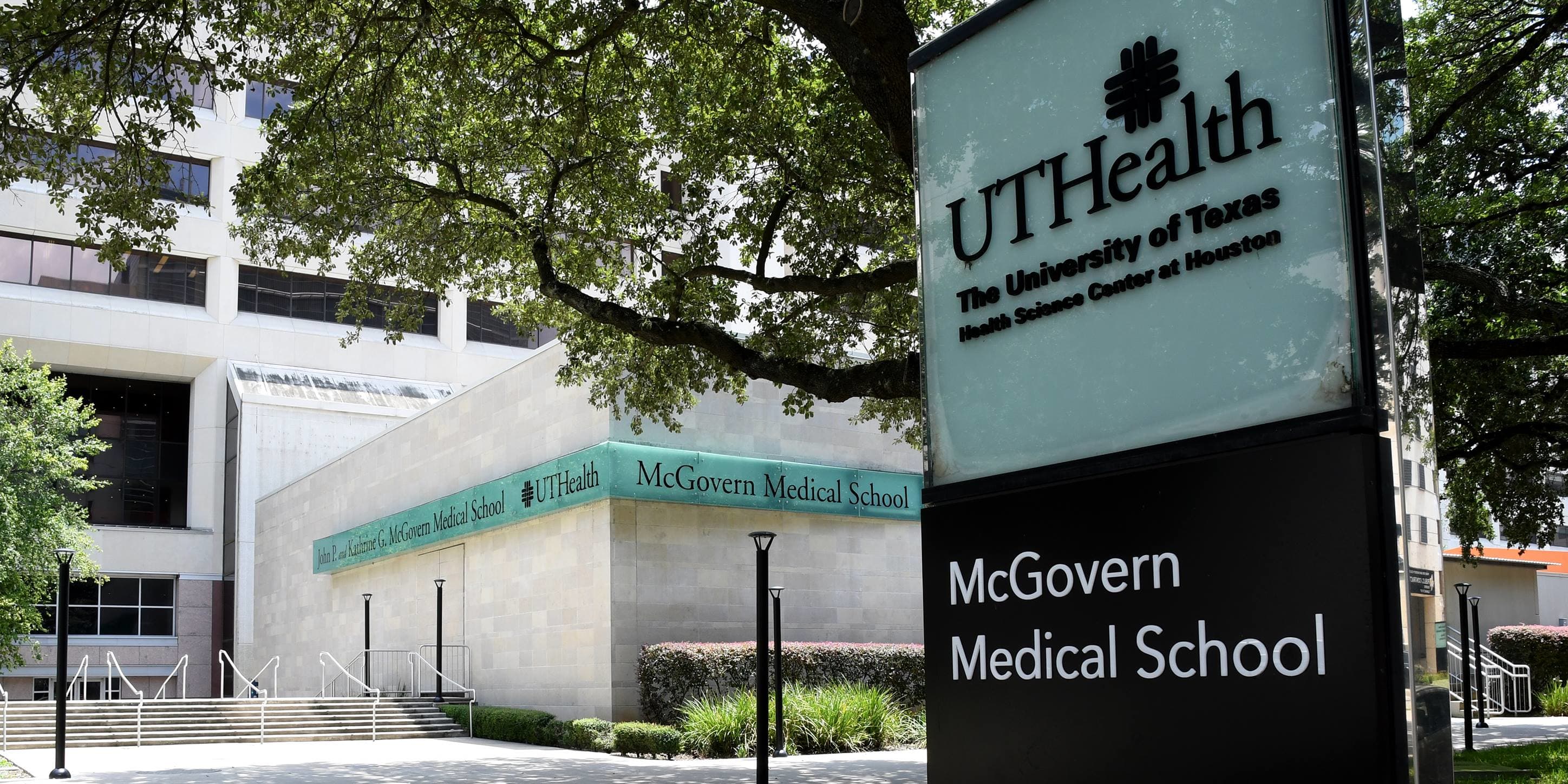Multi-disciplinary pediatric specialists at UT Physicians have formed the UTHealth Dysautonomia Center of Excellence to bring research and treatment to a little-known, but potentially debilitating, disease.
Dysautonomia is caused by a dysfunction of the autonomic nervous system, which regulates all the unconscious functions of the body from the heartbeat to breathing. It can affect the cardiovascular, gastrointestinal, metabolic, and endocrine systems, causing organs to work improperly.

“For example, the heart can stop beating, there can be convulsions and seizures, fainting, incontinence, vomiting, pallor, and blotchy rashes. It’s a disease of multiple organs,” says Ian Butler, M.D., UT Physicians pediatric neurologist and UTHealth Medical School director of the Division of Child and Adolescent Neurology. “We’ve recognized it in adults for some time. What is new is the recognition of the onset in children.”
Research related to dysautonomia includes studies on tilt-table testing, cerebrospinal fluid transmitters, neuropathy, atrial septal defects and migraine, mitochondrial disorders, gastrointestinal disorders, DNA analysis in families, and the role of histamine and mast cells.
Please consider making a donation today to help contribute to the research that is helping researchers and clinicians understand this disease in order to create effective therapies and treatments.
Thank you for your support in this important mission that can offer a higher quality of life to patients that may otherwise never obtain treatment.

